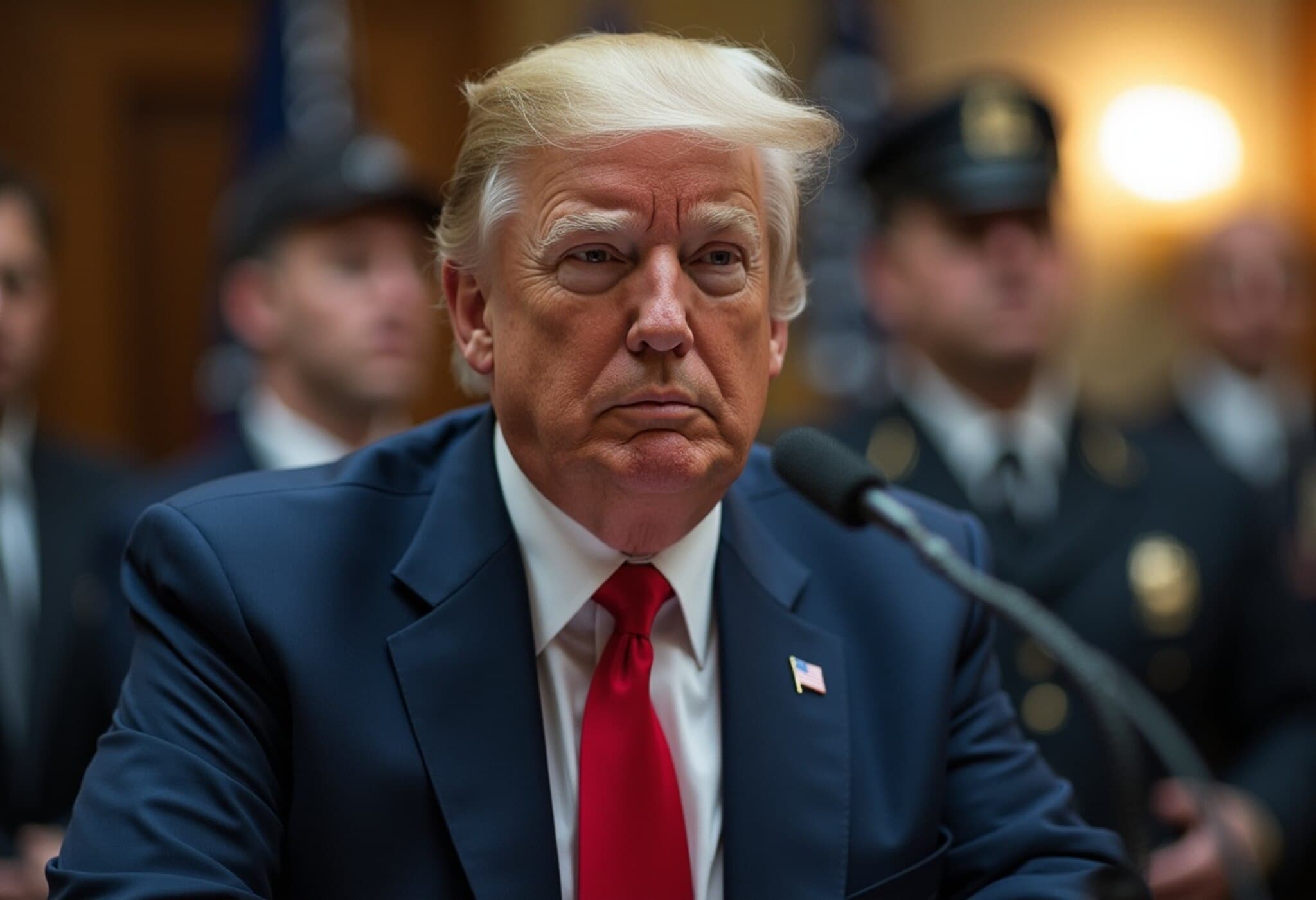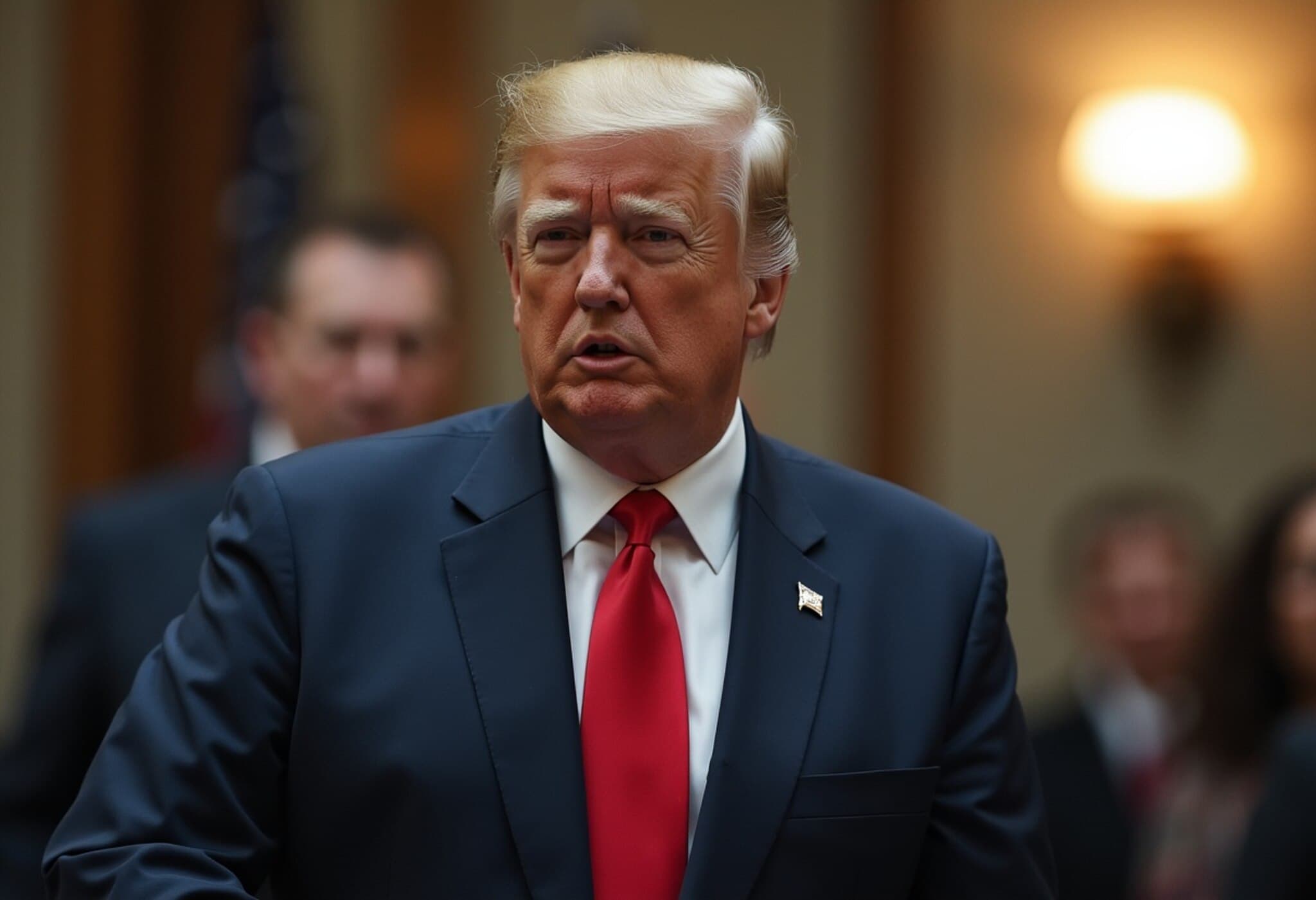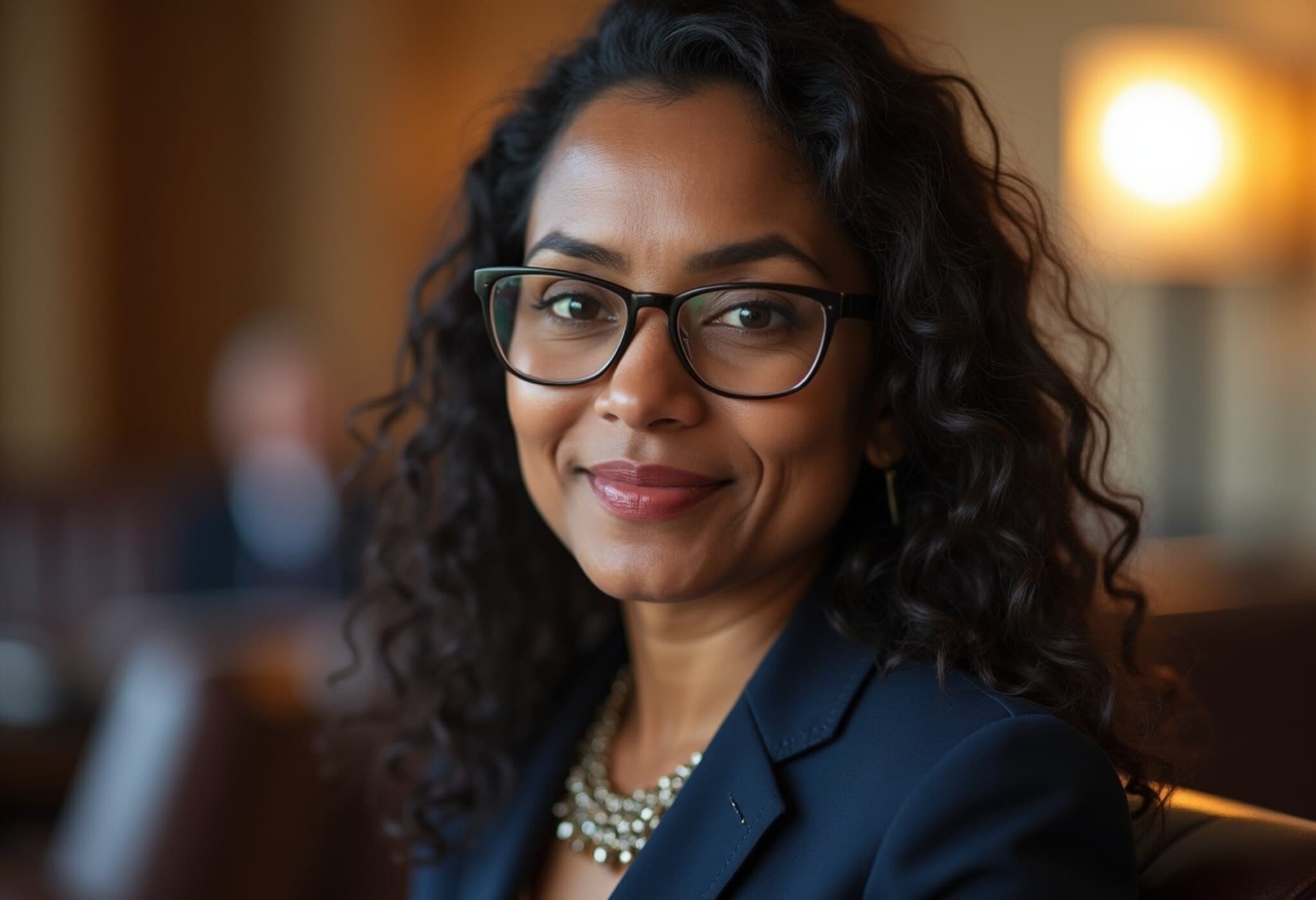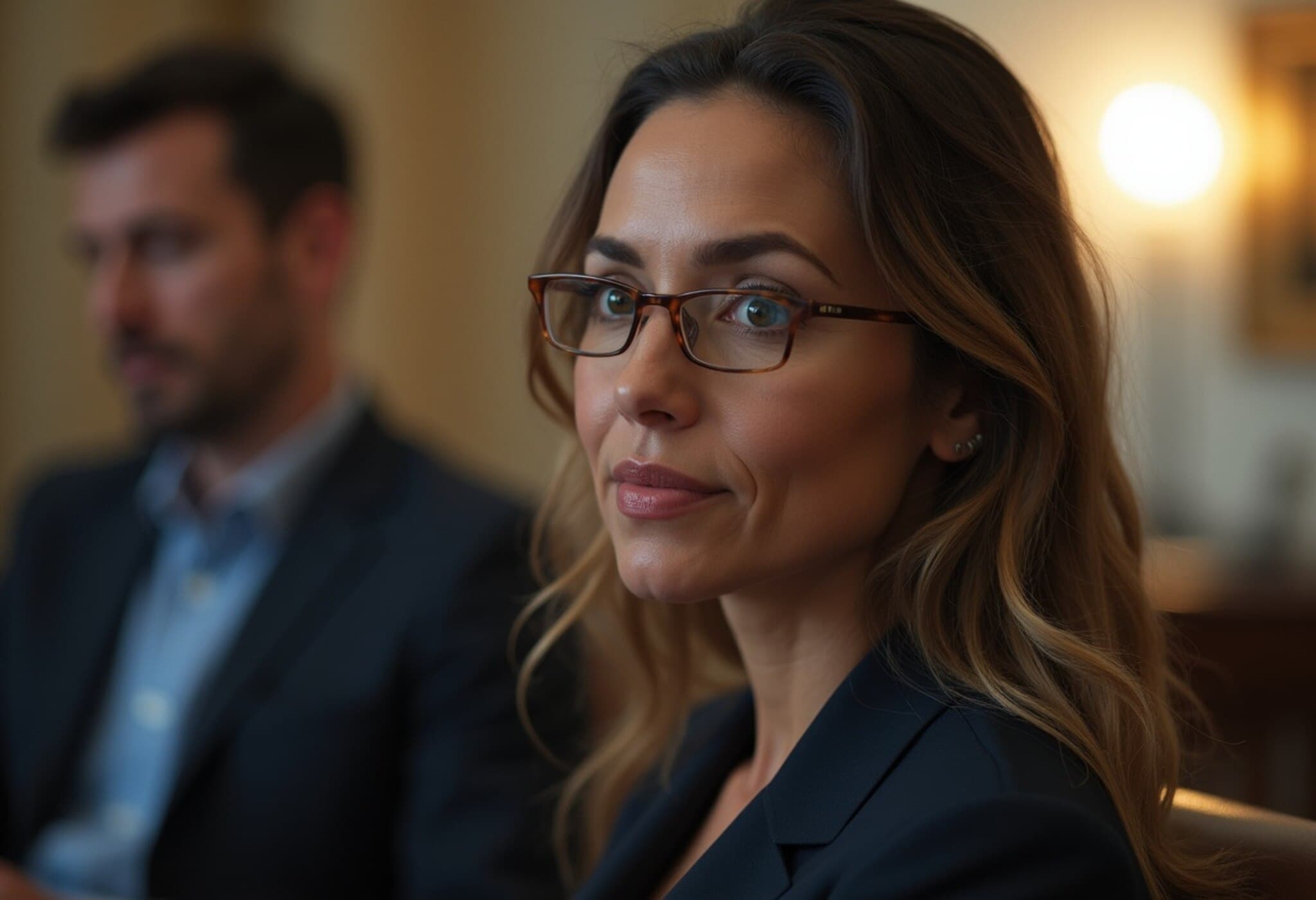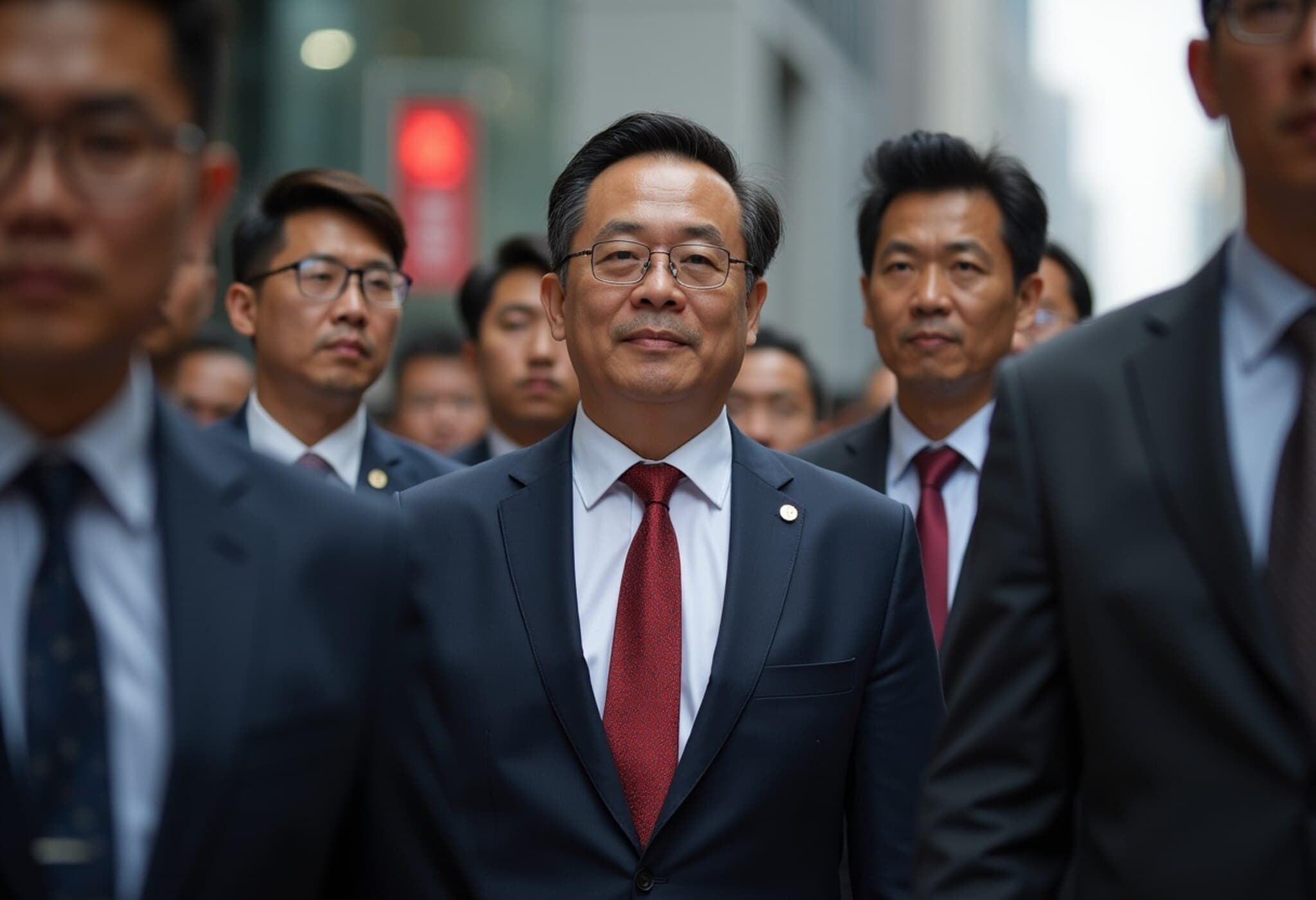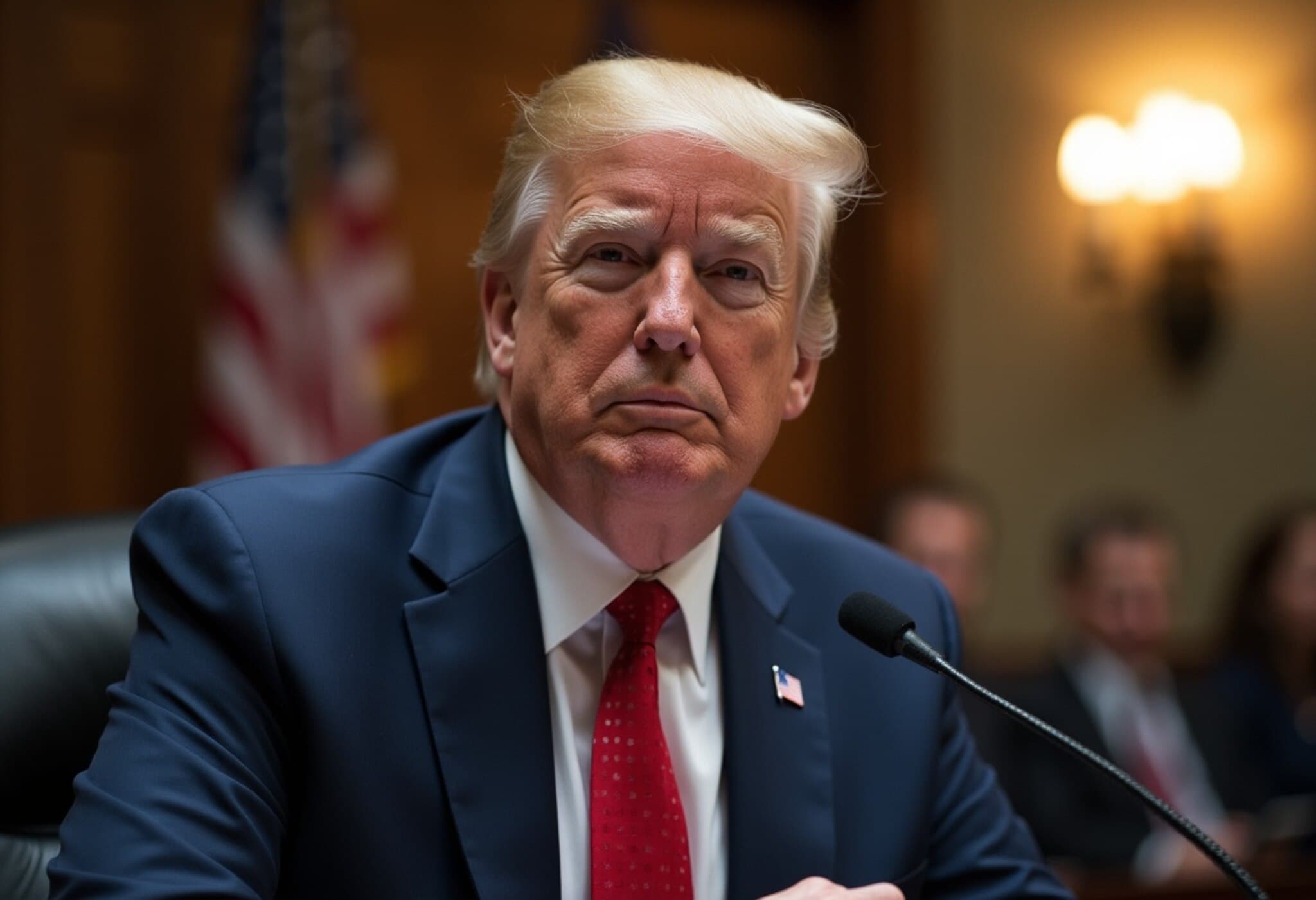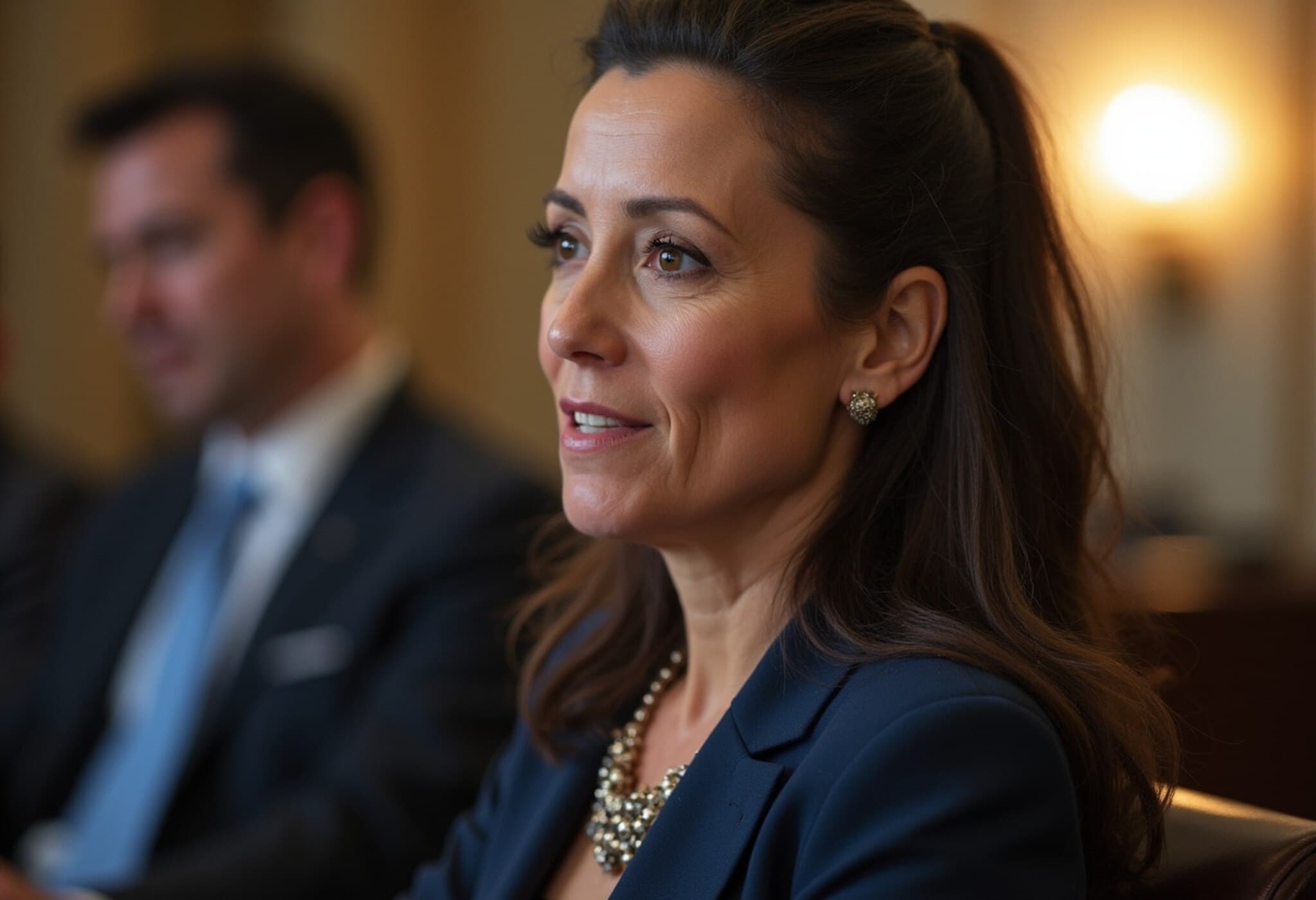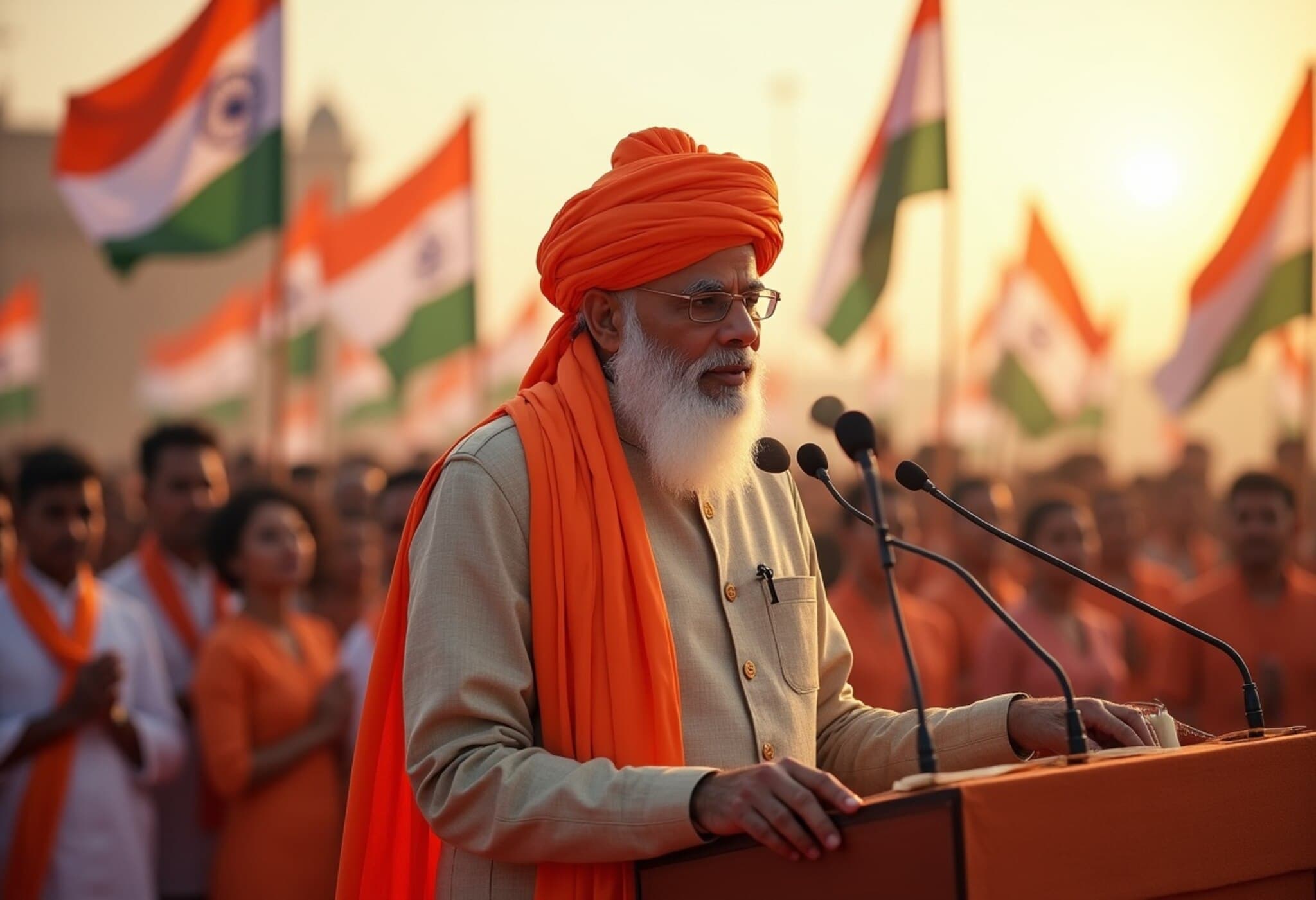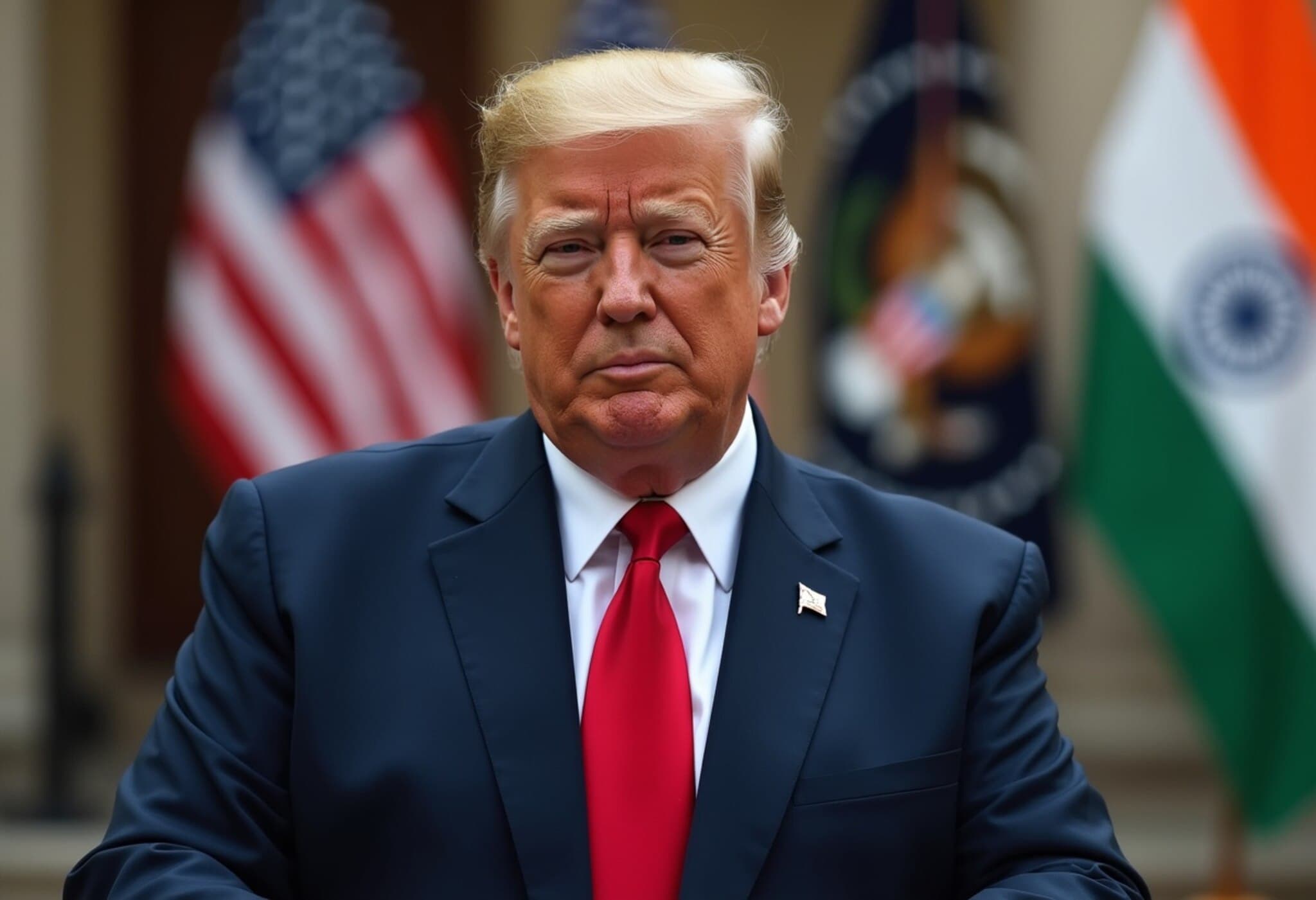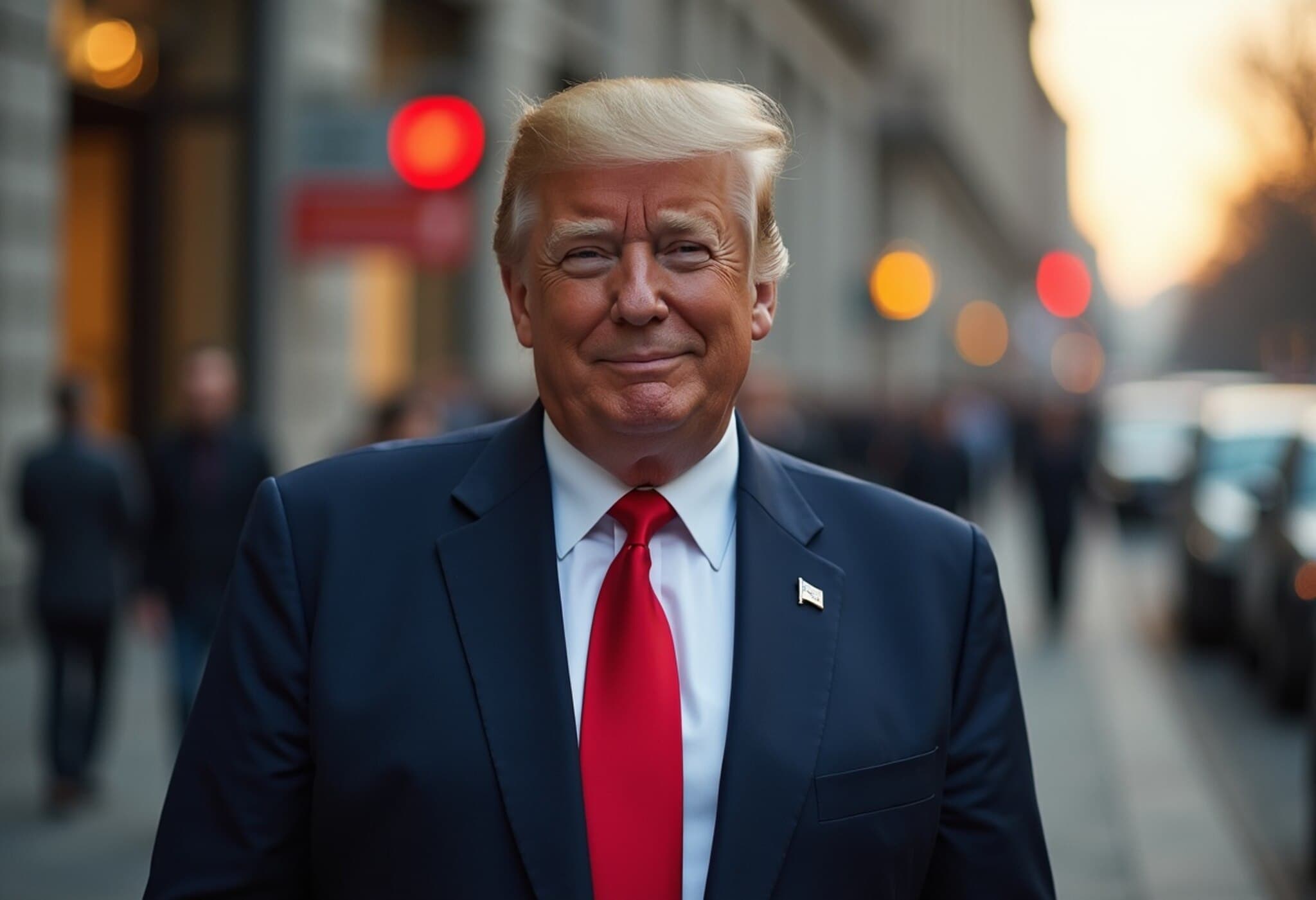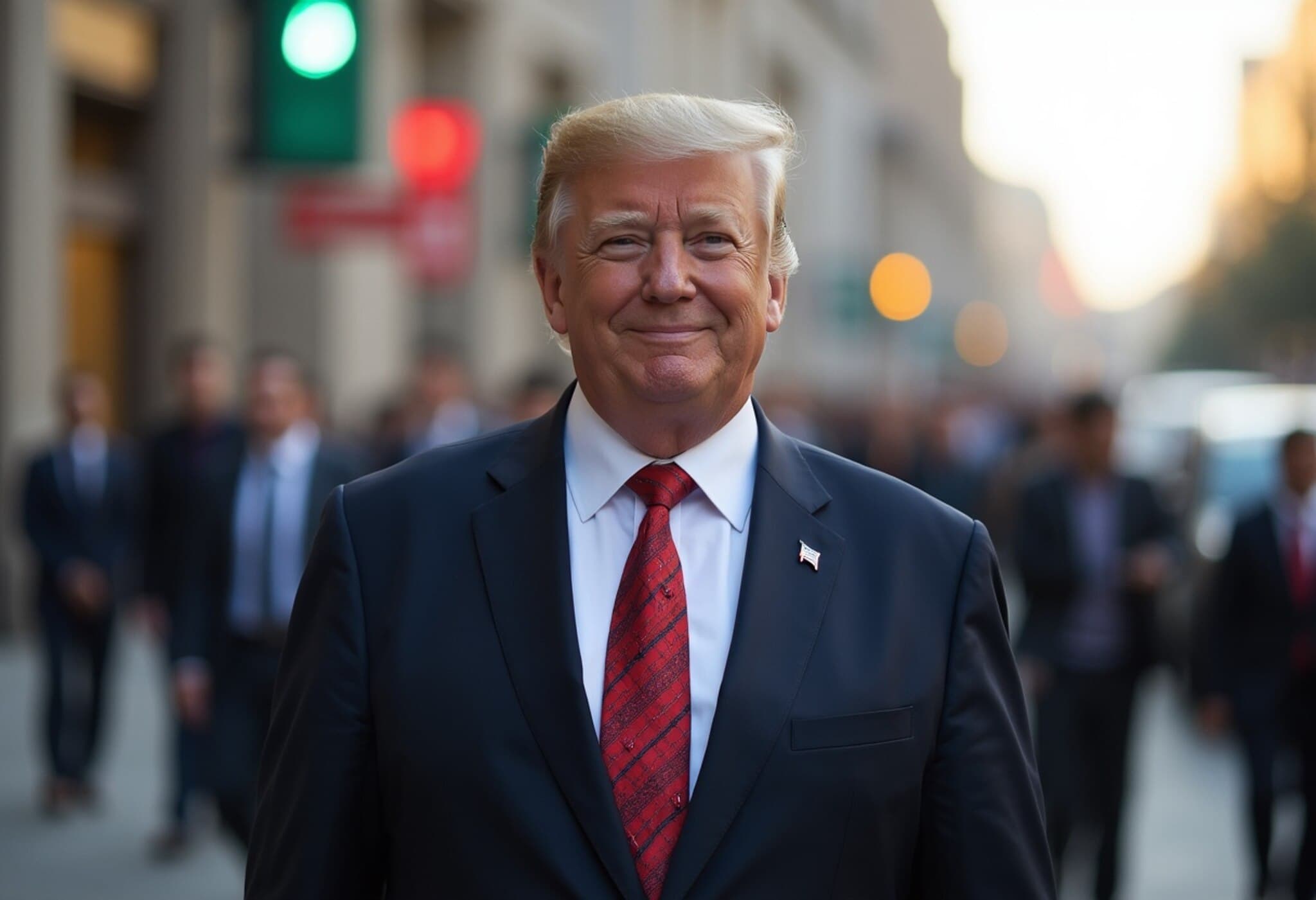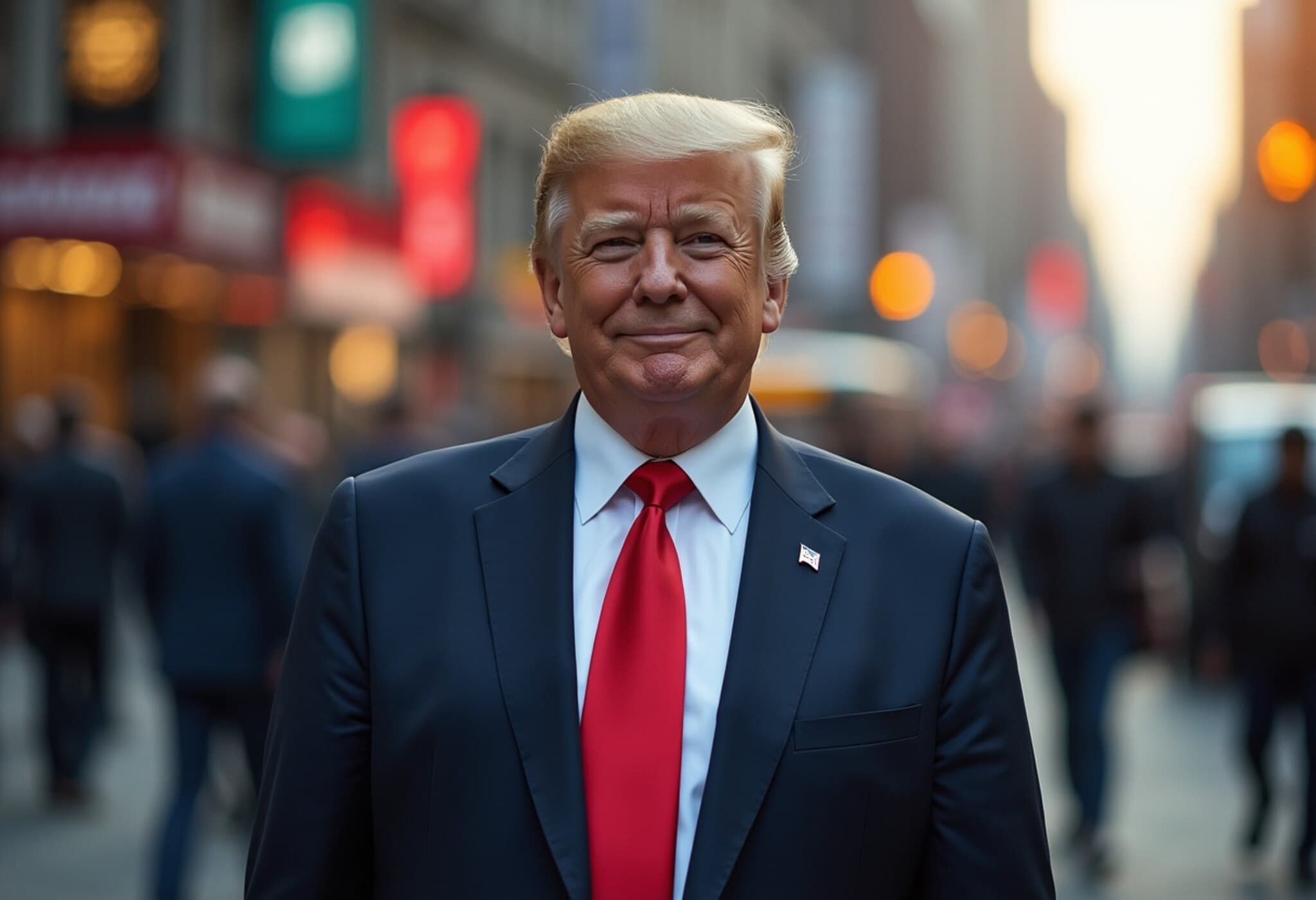Seven Accused Acquitted in 2008 Malegaon Blast Case by Special NIA Court
In a significant judicial development, a special National Investigation Agency (NIA) court on July 31, 2025, delivered a verdict acquitting all seven accused in the 2008 Malegaon blast case. Notable among the acquitted are former BJP MP Pragya Singh Thakur and retired Lt Col Prasad Purohit. The court emphasized that the prosecution could not prove charges against them beyond a reasonable doubt, highlighting a critical stance on the quality of evidence presented over a protracted legal battle spanning nearly 17 years.
Key Findings from the Verdict
- The judge ruled there was no reliable evidence linking Lt Col Prasad Purohit to the creation of the bomb used in the attack.
- No credible proof confirmed the motorcycle used in the explosion belonged to Pragya Thakur.
- The prosecution’s claims regarding the accused’s association with the right-wing group Abhinav Bharat were unsubstantiated.
- The voice samples submitted to establish conspiracy were deemed inconclusive.
Special Judge A K Lahoti on Evidence and Conviction
In a clear articulation of the legal principle innocent until proven guilty, Special Judge Lahoti remarked, "Suspicion alone cannot form the basis for conviction." His statement underscores the judiciary’s insistence on strong, tangible evidence before condemning individuals, particularly in terrorism-related cases where emotional and political sensitivities run high.
Contextualizing the Blast and Investigative Journey
The Malegaon blast, which occurred on September 29, 2008, tragically claimed six lives and injured over 100 people in the communal town of Malegaon in Maharashtra. The explosion happened next to a mosque during Ramzan prayers, intensifying communal tensions.
Initially, the Maharashtra Anti-Terrorism Squad (ATS) investigated the incident, blaming a conspiracy involving Abhinav Bharat, a right-wing group. The ATS asserted that the motorcycle used belonged to Pragya Thakur and arrested her in 2009. In 2011, the case was transferred to the NIA for further investigation.
Unfolding the Complexities: Allegations and Custodial Claims
Both Pragya Thakur and retired Army officer Ramesh Upadhyay, among the accused, alleged custodial torture by law enforcement authorities. These claims highlight pressing concerns about interrogation practices in terror cases in India, raising questions about human rights protections during high-stakes investigations.
Former Mumbai Police Commissioner Param Bir Singh, who served as Additional Commissioner of ATS during the initial probe, refrained from commenting on the verdict, leaving a layer of institutional silence around the case’s investigative nuances.
Broader Implications: Terrorism, Religion, and Justice
The court’s observation that "terrorism has no religion, but convictions cannot be based on moral grounds" resonates deeply in India’s fraught socio-political landscape. This stance challenges the often implicit biases in terrorism trials and serves as a judicial reminder to uphold impartiality irrespective of an accused’s background or ideology.
Compensation and Closure
In an effort to provide some restitution, the court ordered ₹2 lakh each to the families of the deceased and ₹50,000 to the injured. While monetary compensation cannot fully address the trauma and loss, it symbolizes the judiciary’s recognition of victims’ suffering even as acquittals prevail.
Expert Commentary: What This Verdict Means for India’s Legal Landscape
From a legal and policy perspective, this verdict spotlights the challenges Indian courts face in prosecuting complex terror cases that intertwine communal sensitivities and national security. The acquittal encourages reflection on investigative rigor, forensic standards, and the necessity of safeguarding civil liberties amid anti-terror operations.
Moreover, the case compels Indian authorities to strengthen oversight on interrogation processes and evidence gathering, minimizing risks of miscarriages of justice that can inflame communal tensions or undermine public trust in the judicial system.
Looking Ahead: Unanswered Questions and Public Discourse
- How will this verdict affect ongoing and future terrorism trials involving politically sensitive figures?
- Does this ruling signal a need to reform evidentiary standards in terror-related investigations?
- What steps can be taken to ensure accused individuals’ rights are protected without compromising national security?
- How will compensation and accountability be framed to balance victims’ rights and justice for the accused?
Editor's Note
The Malegaon blast acquittal is a stark reminder of the delicate balance courts must navigate between combating terrorism and protecting individual rights. It challenges a system still grappling with political pressures and communal narratives, urging a recommitment to evidence-based justice. As India continues to confront its multifaceted security challenges, this case emphasizes the enduring need for judicial independence and procedural integrity.


